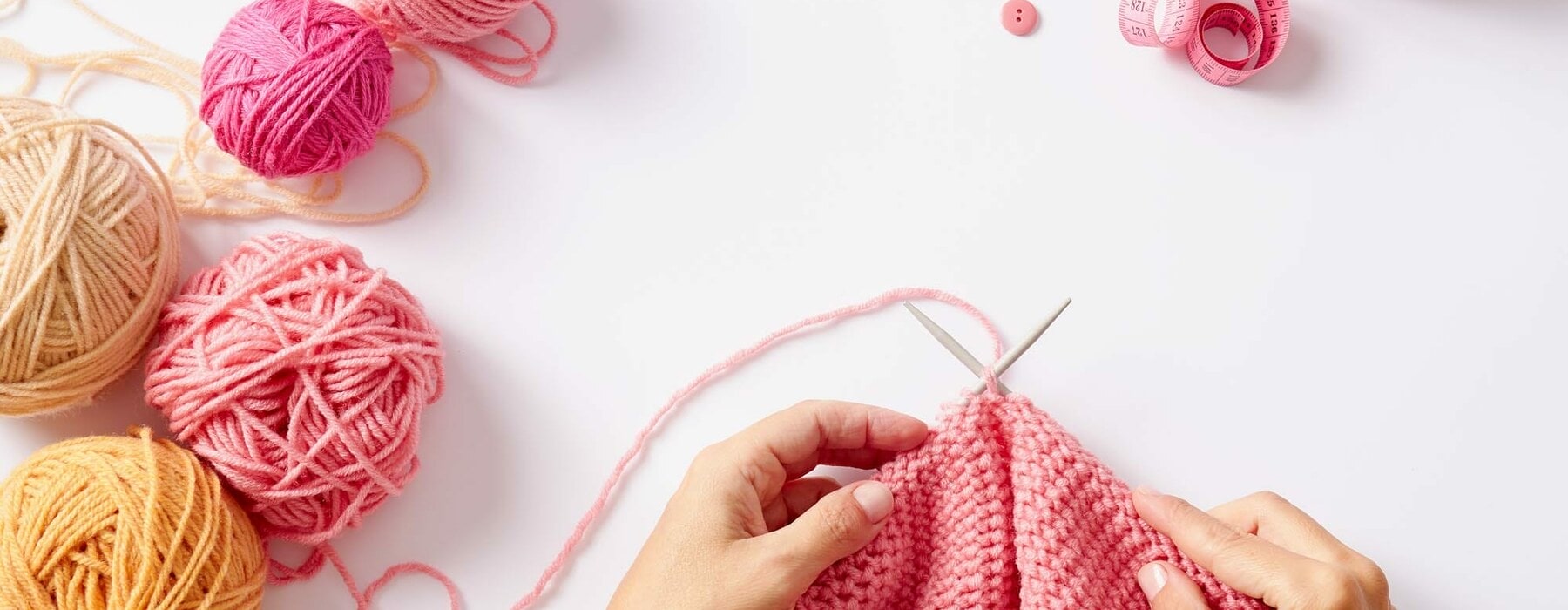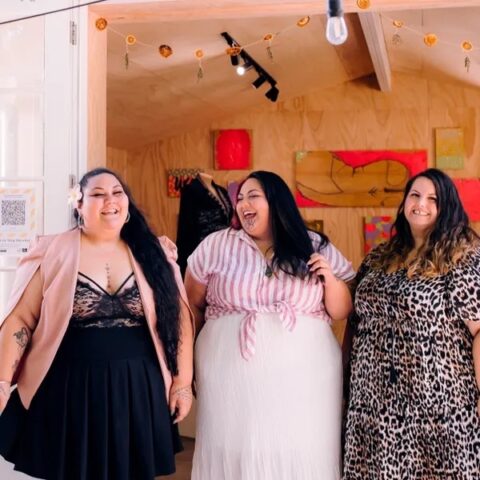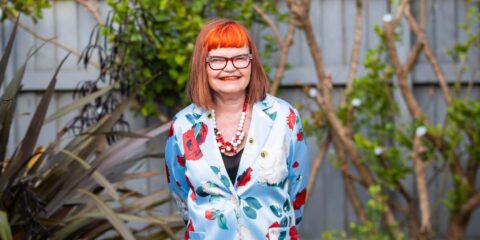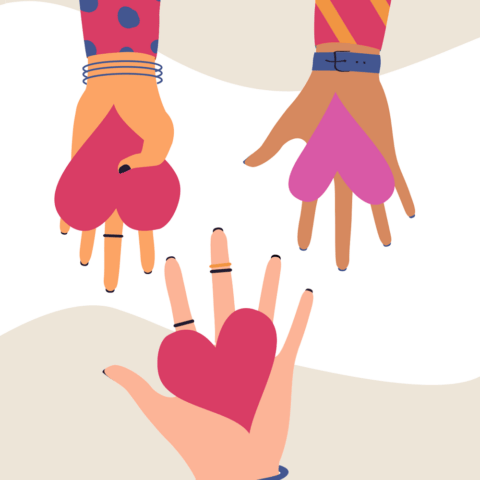Knitting, crocheting, upcycling . . . Handicrafts are as much about connection as creation, says journalist and crafting devotee Sacha McNeil.
Beryl was perpetually busy, her hands and fingers always on the go. One of her most cherished activities was “dyeing”. All while her gal pals gathered around her.
Beryl was my gran, and the “dyeing” situation was not as grim as it sounds. To be clear, it was dyeing, not dying.
This unusual pastime consisted of Beryl and her mates collecting seaweed and gorse flowers and then boiling them up in a copper pot to create dye for their homespun wool. Each natural ingredient afforded them a different hue destined to be cast on to their knitting needles or crochet hooks.
The activity had a practical purpose, but also enabled a spirited collective of women to come together over craft – connecting with one another, while disconnecting from their industrious lives.
Handicraft as a practice harks from a distant, domestically gendered time, so it’s easy to assume that this connection over the creative is not such a scene these days. Encouragingly though, small pockets of craft circles remain around the country.

Ella Martin from social enterprise Sustinnoworx encourages migrant and refugee women to learn sewing, crocheting and upcycling, giving them skills to generate income once they are integrated into their new society.
“I think that crafting in this context acts as a conversation piece, an icebreaker and a means to encourage people to interact without discomfort. Once they are comfortable, the interaction flows unlike anything else,” Ella says.
“Through upcycling workshops, we brought together groups of young women to crochet together who had never met previously, and the conversations were amazing.”
Be safe, be seen
It’s this in-person connection that clinical psychologist Sarah Anticich believes is the missing piece for many women when it comes to their wellbeing and mental health.
“Over time, particularly in the hyperconnected world that we live in, we might have lots of connections in terms of social media, but actually we have a relational poverty,” Sarah says. “Those meaningful, attuned relationships where we feel safe, seen, soothed and secure are lacking, and that’s a real vulnerability factor.”
Sarah points out that of every three people diagnosed with depression, two are female. This is one of the reasons she’s been working alongside Olympian Gemma McCaw, encouraging connection between women. They’ve collaborated in a number of events that they’ve coined The Sunday Series.
Gemma agrees that coming together with others is of number one importance for our wellbeing. “It’s at the heart of everything we do – how connected we are within our family or our community – and if we don’t have that, we need to be thinking a lot more broadly about how we can do that as a society and as a country as a whole.”
Gemma herself has recently discovered a connection through craft, with her mum Michelle dusting off the knitting needles and teaching her daughter the finer points.
“The repetitive action of knitting is a stress release and I just enjoy achieving something and making things,” Michelle explains. “I like sewing as well – it’s a creative flair for me – but knitting is also therapeutic.”
The All Black knitting machine
But it wasn’t the intricacies of knitting that drew Gemma in – instead she revelled in the family togetherness that came out of it.
“I just don’t believe that online you can get that feeling when someone really looks you in the eyes and really speaks to you – the in-person connection, getting off technology and all those notifications and all that busyness,” Gemma says.
She’s even managed to rope in her husband, ex-All Black captain Richie McCaw, who has taken to the craft with gusto. Michelle reckons that Richie is by far the better knitter: “I think I’ve got to give him that kudos!”
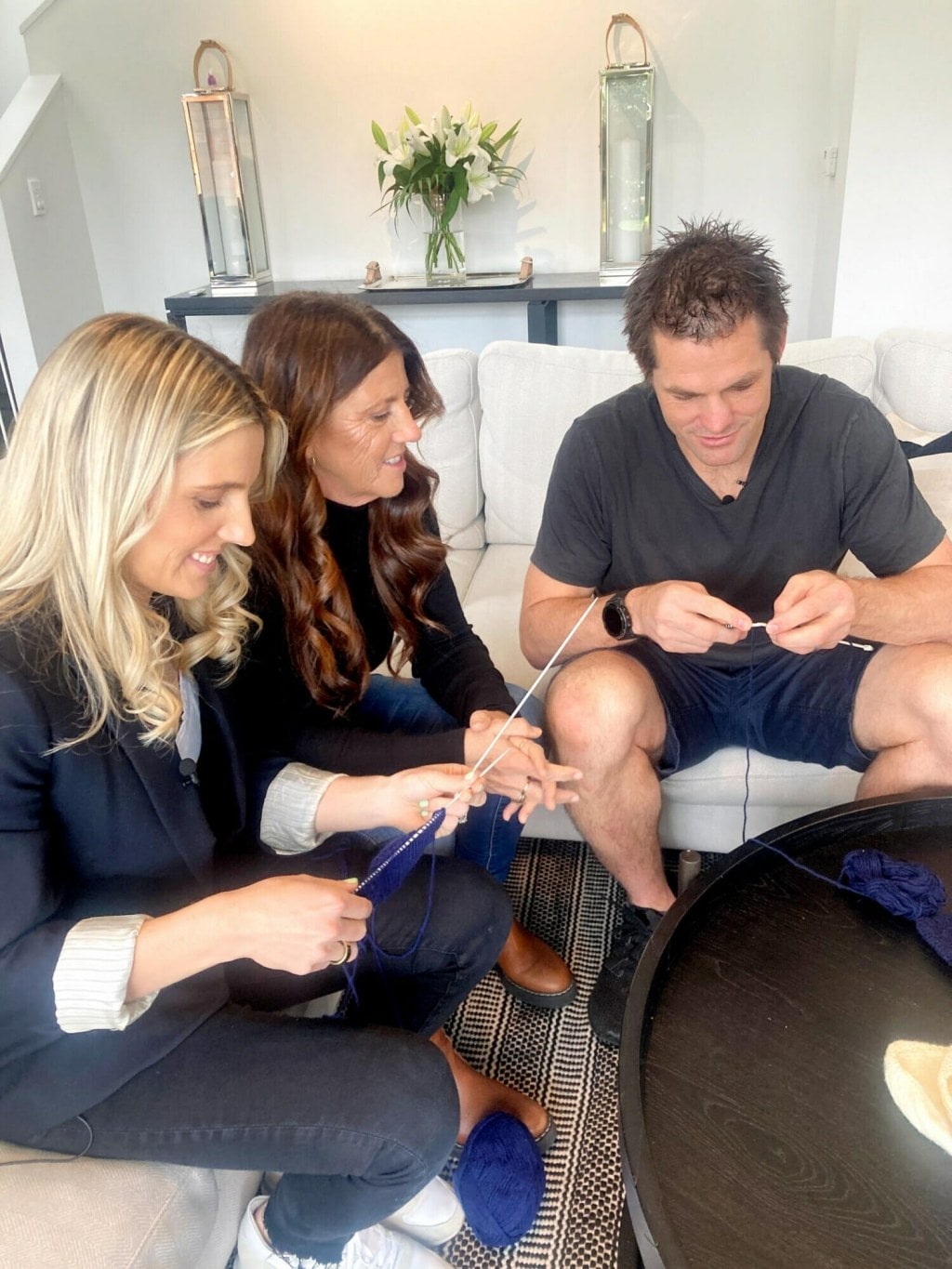
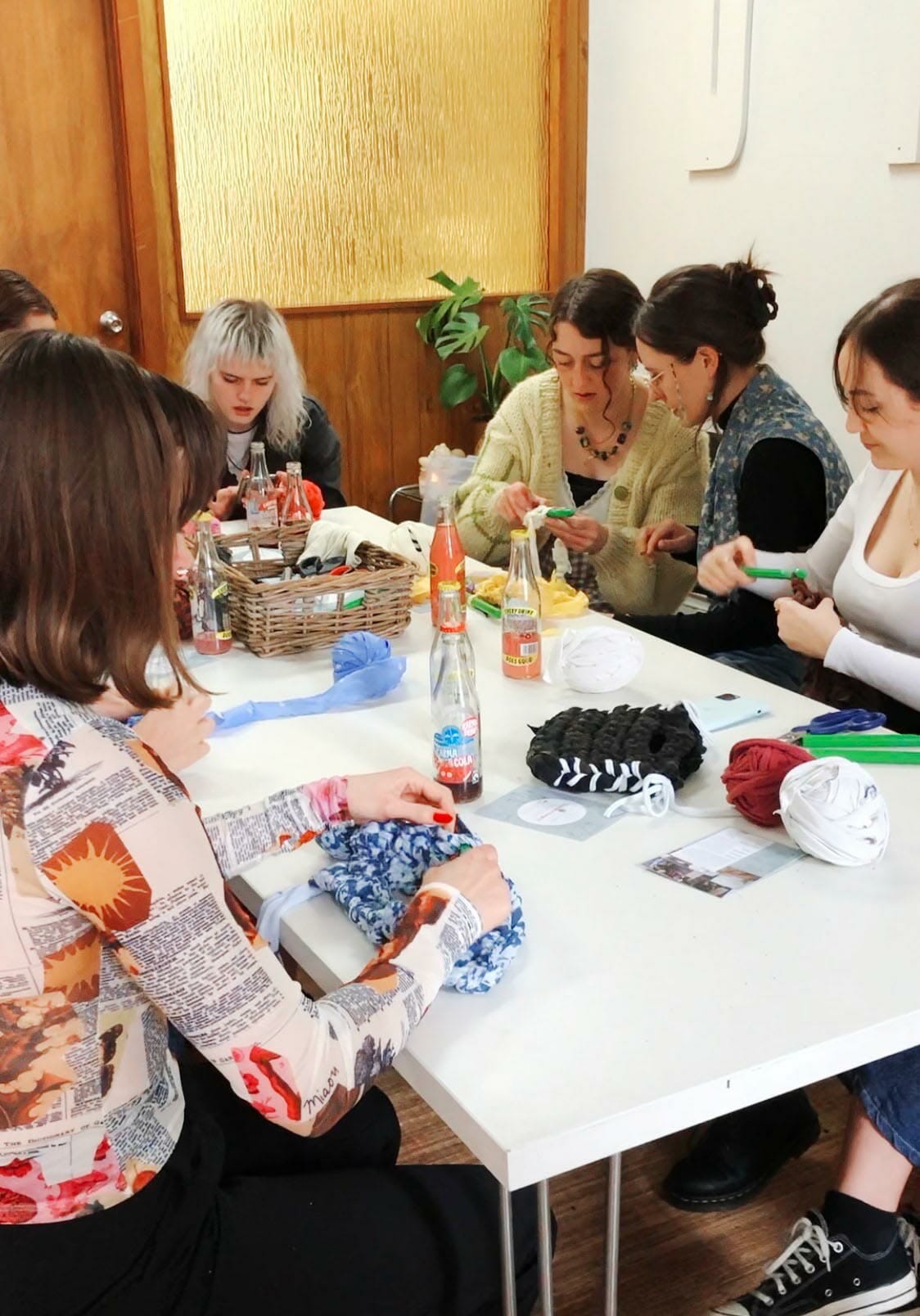
He might seem an unlikely cheerleader for craft, but Richie explains that he appreciates the kinship and productivity that come with having needles in hand. “The good thing about knitting, which I didn’t realise, is that you actually feel like you’re getting somewhere,” he says. “You see it sort of grow and you go, ‘Yeah!’ But when you make a balls-up halfway through, you’ve gotta unwind it and that ain’t so good.”
And though his wife admits that time is tight for knitting right now with two small kids and another on the way, she’s looking forward to having some baby clothes knitted by her mum.
“If we can ramp up our protective factors like connection that can buffer us from overwhelm, then we can certainly mitigate the distress that women are experiencing,” Gemma says.
“We can enhance a woman’s capacity to be aware of how they are feeling and to be able to manage their stress more effectively so they can respond rather than react, and really look after their own wellbeing.”
This ethos also plays a large part in Sustinnoworx’s philosophy, and Ella believes that bringing together women with shared experiences helps them to heal and grow. “The group dynamic is essential and is definitely made more deliberate after how isolating Covid-19 was for people. We feel disconnected from our passions and our communities,” she says.
“People learn better when they have each other for support and insight. One of the highlights of my role is the opportunity to share and celebrate learnings together.”
I know Beryl was always up for a good knit and natter with others. And if a former Black Stick and All Black wrangling kids can connect over knitting needles, I imagine most of us can find a way to come together.
Sacha McNeil runs a website that features Kiwis’ creative passions at ofsmallmatters.com.
photography: courtesy of sacha Mcneil and getty.

